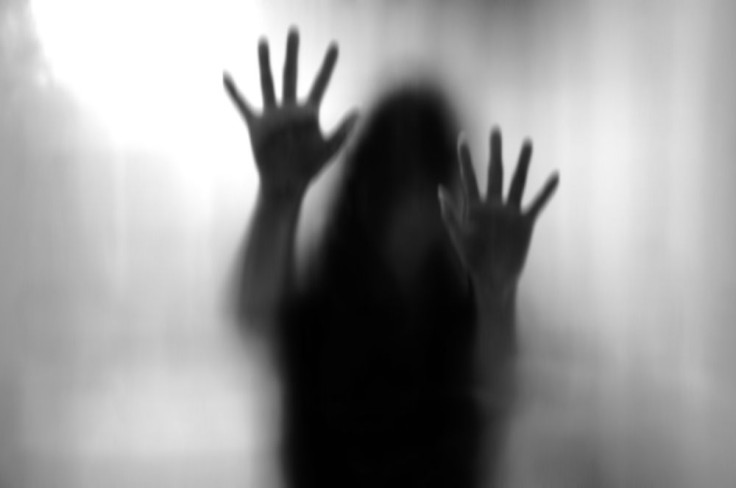Childhood Parasomnia, Like Nightmares, May Significantly Increase Risk For Psychotic Symptoms

The term parasomnia is one experts use to classify sleep abnormalities and disorders, such as nightmares, night terrors, and sleepwalking. And according to a new study published in the British Journal of Psychiatry, children who experience parasomnias may experience psychotic symptoms when they grow older.
“We have previously demonstrated a cross-sectional relationship between the presence of nightmares and night terrors and psychotic experiences at age 12,” researchers wrote. “However, it is essential to determine whether parasomnias are possible precursors of psychotic experiences using longitudinal data. Therefore, we examined the relationship between the most common parasomnias in childhood…to later psychotic experiences reported at 18 years using data from a large UK birth cohort.”
The cohort is the Avon Longitudinal Study of Parents and Children, which began in order to see what factors into development, health, and disease during childhood. The present study culls the cohort’s parental reports and participant interviews to assess individuals’ experience with nightmares at certain ages throughout the study: between ages 2 and 9; age 12; and age 18.
The results showed those who have nightmares and night terrors at age 12 are more likely to experience psychotic symptoms at age 18. However, this link was influenced by cofounding variables, such as age, mood, family history, as well as baseline psychotic experiences at age 12.
“The presence of anxiety and depressive symptoms as confounding factors in those with sleep disturbance could potentially explain the findings,” Dr. Andrew Thompson, lead study author from Warwick Medical School, said in press release. “Experience of stressful events has also been related to both the development of both nightmares and psychotic symptoms in late childhood and may be important.”
While this confirms the prior study’s finding of a relationship between nightmares, night terrors, and psychotic symptoms, it doesn’t speak to sleepwalking. And in this study, the relationship with night terrors wasn’t as strong. Even so, researchers conclude these findings “suggest that specific parasomnias … are a potential risk indicator for the development of … psychotic experiences.”
The National Sleep Foundation reported parasomnias often run in the family, and there may be a genetic factor in many cases. Brain disorders, too, influence parasomnias, as do other sleep disorders, such as obstructive sleep apnea.
But for some, parasomnias can be improved just by adopting healthy sleep habits. Maintaining a regular schedule, managing stress, and getting the recommended amount of sleep can control symptoms. Drug therapies are also available.
Source: Fisher L, Wolke D, et al. Childhood sleep disturbance and risk of psychotic experiences at 18: UK birth cohort. British Journal of Psychiatry. 2015.



























